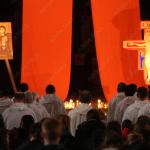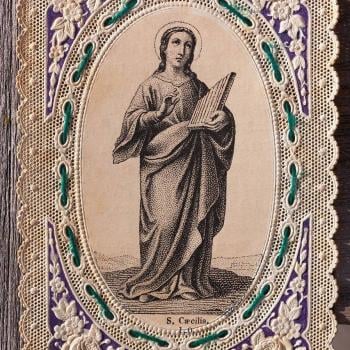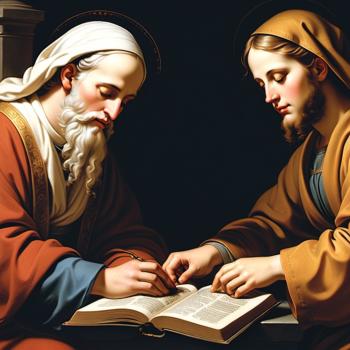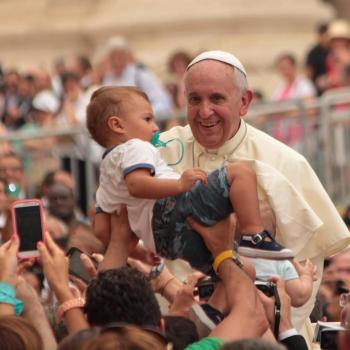
Several months ago, I wrote on this topic of Handel’s Messiah and I thought it was worth updating (and reprising if you will) this article on a very famous and classical piece of church and cultural history for Classical Music Month.
When it comes to music, Christmas is the time of year where just one theme creates magic for all of us: family gatherings, snow on the ground, the birth of Jesus Christ, and the list goes on. One of the most traditional of these songs is the classic choral hymn sung at almost every Christmas concerts, Christmas Eve Masses and services, etc. That is the famous Handel’s Hallelujah, which is part of the world famous Handel’s Messiah. This piece is not only famous worldwide but for at least 2 centuries it has become an American tradition.
Why is Handel’s Messiah synonymous with Christmas?
Handel’s Messiah has been around for almost 300 years, which is quite a long time. Originally it was considered to be an Easter hymn celebrating the Resurrection of the Lord. However, these days Christmas seems to be more dominate as part of a big evening meditation at the big evening services or as the finale at a concert or event. And there are several reasons for this: marketing, tradition, and a standing custom.
Marketing – Christmas is a bigger holiday than Easter. So much so that the most money given to charity is around this time of year. If you hear the chorus, it kind of makes sense because the Hallelujah chorus is so joyous.
Tradition – It’s just how it’s always been. At least one church has celebrated if not once, but almost every year if not every other year. While it’s a beautiful song to listen to, believe me when I tell you that it is a very hard piece to sing. It’s not just about the rhythm but also the range and the octaves one must reach to get it just right.
Custom of Standing – At a Catholic Church especially, standing for the Gospel acclamation is common. It’s a way to honor and respect God’s word and as if Jesus is symbolically making an appearance to read a lesson. However, with Handel’s Messiah and especially with the Hallelujah chorus, standing for this song started in 1743 when King George II stood up at the London premiere of the piece. Since then, audience members feel it’s been a way to honor the King both spiritually and physically.
The story of George Frideric Handel
So who was this infamous George Frideric Handel? He was a composer born to a father who was a celebrated surgeon in Northern Germany. While his father had other dreams for him, Handel connected to music at a very young age and soon the music became a part of his life. At 18 years old, he composed his first opera called Almira and worked in various courts and churches as a composer and conductor in Italy as well as Germany.
When it came to composing the Messiah, Handel put his heart and soul into it. He was laser focused on not just the spirituality aspect of the composition but also how it relates to our own mortality. It became a labor of love and it shows just by merely listening to every nuance and aspect of the piece with the first half talking about the birth of Jesus Christ, a second part on Jesus’s sacrifice for humanity and third the Resurrection. This is why we can see Easter and Christmas being the main centerpiece holidays.
Why no one can compare to the original
At one point, Wolfgang Amadeus Mozart tried to perform the Messiah and even try to put his little spin on it. In fact, he thought that trying to do a kind of remix to the piece that he was paying tribute to his predecessor. He was looking to perform the piece at private events of his time to create a more intimate connection with it. However, even he had to admit that this masterpiece was something special. Even audiences who were familiar with Handel’s piece took offence because it just did not sound the same. So while Mozart tried, his success with it didn’t last for a long time.
You can view and take a bit of a listen here:
Personal Interaction with the Piece
As for myself and my connection with it, we always listened to it at our house, heard it at a midnight Mass or actually sung the Hallelujah chorus for the last meditation of a service. I guess you can say it was always kind of a traditional song around the family. And even if it was not sung or heard at church, we would catch it on TV either on PBS, ETWN or the Church Channel during a Christmas concert or a special with a choir such as the famous Mormon Tabernacle Choir Concert.
Even today, sitting and listening to the whole thing along with the famous Hallelujah chorus is a beautiful piece of music to reflect on. It makes me think of those I’ve lost like my mom and a dear uncle of mine because they were such a big fan of the piece and it gives me a reason to connect with them.
If you have not had a chance to hear this masterpiece live, it is worth it. Find out through your local community churches in your area to see if and when you can hear all or just that Hallelujah part of the masterpiece.
If not, here is a little video for you to enjoy:
So now that you’ve heard this piece, whether it’s now or for the first time, what feelings does it bring up for you? Where have you or do you usually listen to this work of art? Please make a comment below.
About Susan:
Susan is a fan of music and culture and kind of considers herself that way. To get to know a little more about her, as well as future updates, you can find her at the links below:
Visit my Facebook author page.
and Website













